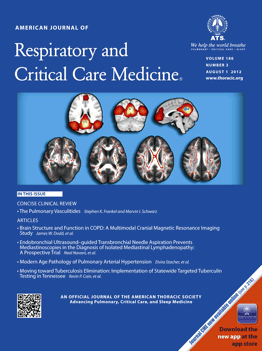 Blood has pulled a paper 2007 paper from a group of Spanish researchers, one of whom appears to have been manipulating images.
Blood has pulled a paper 2007 paper from a group of Spanish researchers, one of whom appears to have been manipulating images.
The group’s work became the focus of expressions of concern from the Journal of Clinical Oncology this spring and in 2010.
The article, “Epigenetic regulation of Wnt-signaling pathway in acute lymphoblastic leukemia,” purported to show “a role of abnormal Wnt signaling in ALL and establish a group of patients with a significantly worse prognosis (methylated group)” and earned a commentary on the significance of the findings.
But as the notice explains, the first author lifted and manipulated a figure from a previously published article: Continue reading A Wnt-er’s tale: Blood pulls second signaling paper from Spanish scientists over image fakery








